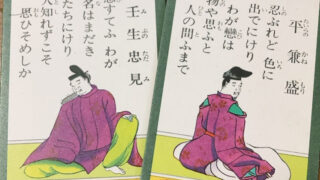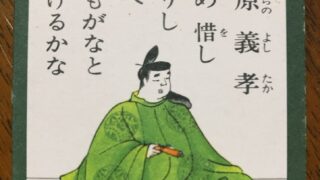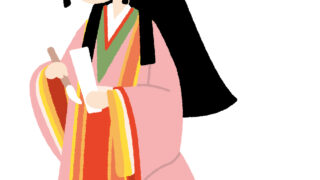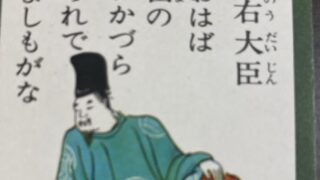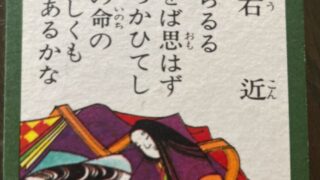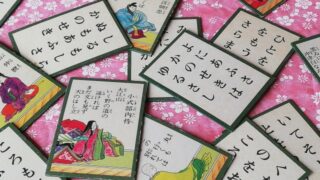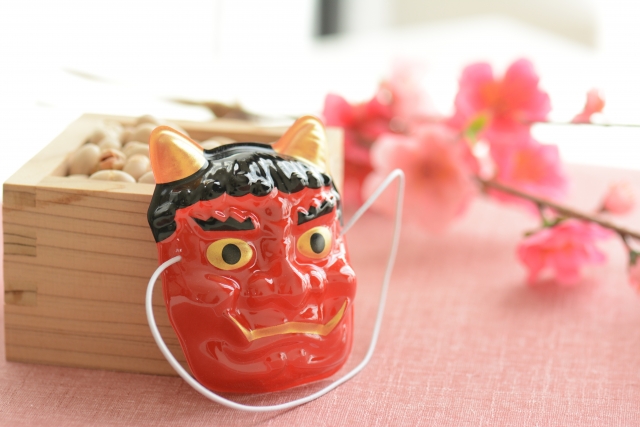二十四節気とは、古いカレンダーのひとつです。 今使われているカレンダーはグレゴリオ暦ですが、このカレンダーに関係する習慣や行事がたくさんあります。
“Nijuusisekki” is one of the old calendars. There are a lot of customs and events relating to this calendar, though it isn’t used that much now. Let’s learn some of that.
旧暦・きゅうれき・the Old Calender
まだ寒い日が続きますが、二十四節気という暦では、2024年は2月4日から春になります。
暦とはカレンダーのことです。地球から見た太陽の動きをもとに、1年を24に分けて作られています。この暦は、種まきや田植えなどの農業の行事をいつごろ行うかを決めるために、使われていました。
It is still cold, but according to the old calendar called “Nijushisekki,” spring begins on February 4, 2024.
Nijushisekki is one of the old calendars. It is a calendar that divides the year into 24 segments based on the movement of the Sun as seen from the Earth. “Koyomi” is a calendar. In the old days, Japan used this calendar and the lunar calendar. Nowadays, we use the new calendar. The new calendar is the Gregorian calendar.
二十四節気・にじゅうしせっき・24 Solar Terms 古い・ふるい・old 使われている・つかわれている・be used Aに関係するB・AにかんけいするB B relating to A 習慣・しゅうかん・customs 行事・ぎょうじ・events 寒い日・さむいひ・cold days 続く・つづく・continue 暦・こよみ・calendar 動き・うごき・movement/N 地球・ちきゅう・Earth 太陽・たいよう・Sun ~をもとにして・based on ~ 分ける・わける・devide 昔・むかし・past 新暦・しんれき・New Calendar グレゴリオ暦・ぐれごりおれき
立春・りっしゅん・the first day of spring
今でも古い暦、二十四節気に関係する言葉を聞くことがあります。
ニュースを見ていると、「暦の上では春になりました。」という言葉を耳にすることがあります。これは、古い暦では春になりましたという意味です。古い暦で春が始まる日、この日のことを立春といいます。
We still hear words related to the old calendars.
When you listen to the news, you hear the words, “The calendar says it’s spring now.” This means that it is now spring according to the 24 solar terms calendar. This day is called Risshun.
今でも・いまでも・still now 始まる・はじまる・start 日・ひ・day 立春・りっしゅん・the first day of spring
節分・せつぶん
the day before new seasons on lunar calender
立春の前の日を節分とよびます。この日に豆まきをします。大豆の豆をまいて、鬼を追い払うという行事です。鬼とは「病気やけがなどの悪いものを運ぶもの」です。そして、昔の人は大豆の豆に生命の力を感じていました。立春の前の日に、豆の力で悪いものを追い払って、春を迎えようと考えたのですね。
角が生えていて、トラの柄のパンツをはいた鬼の絵を見たことがあると思います。昔の人は「悪いもの」の象徴として、そのような鬼の絵を描きました。
私は鬼は心の中にいると思っています。怒り、欲、嫉妬、傲慢な心。豆を食べながら、心の中の鬼を鎮めようと思います。
The day before Risshun is called Setsubun. On this day, people throw beans. This is an event to drive away demons by scattering soybeans. Demons are “things that bring bad things such as illness and injury. And people in the past felt the power of life in soybean beans. So on the day before Rissyun, they thought of using the power of beans to drive away bad things and welcome spring.
You have probably seen pictures of ogres with horns and wearing tiger-patterned pants. People in the past drew such pictures of ogres as a symbol of “bad things”.
I believe that demons are in our hearts. Anger, greed, jealousy, and arrogance. I will try to quell the ogres in my heart while eating beans.
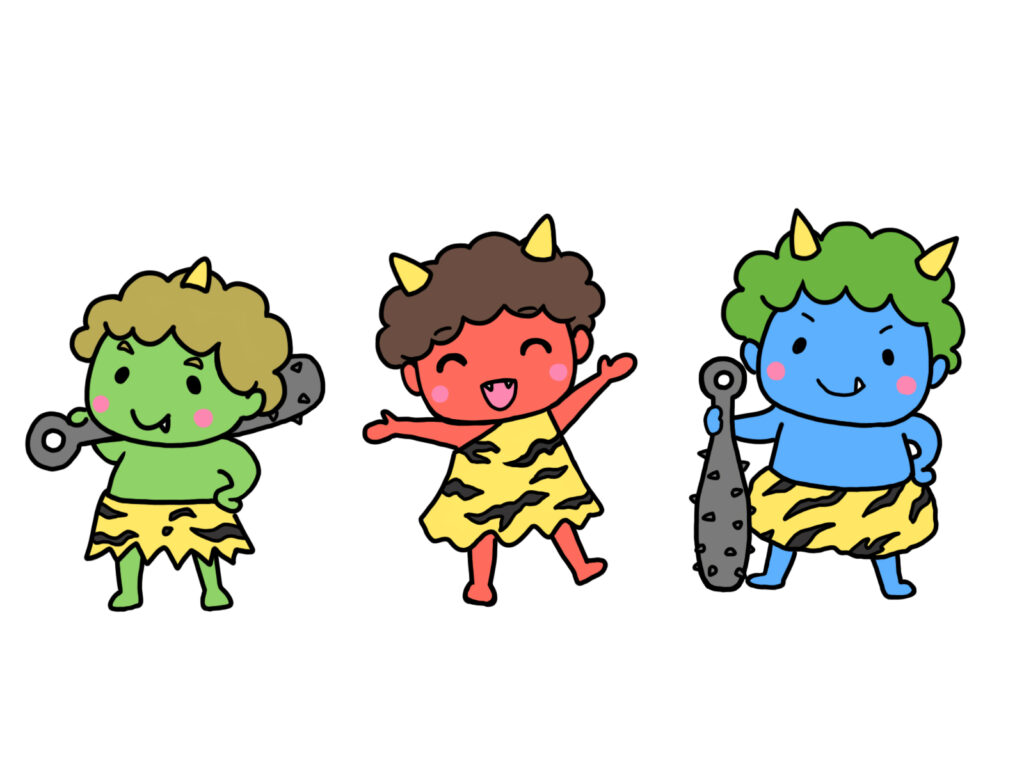
節分・せつぶん・the day before new seasons on lunar calender 豆・まめ・beans 豆まき・まめまき・bean throwing 大豆・だいず・Soybeans 鬼・おに・ogre 追い払う・おいはらう・drive away 病気・びょうき・disease けが・injury 悪いもの・something bad 運ぶ・はこぶ・carry 迎える・むかえる・welcome 角・つの・horn 柄・がら・pattern 象徴・しょうちょう・symbol 絵を描く・えをかく・draw a picture 心の中・こころのなか・in the heart 怒り・いかり・anger 欲・よく・greed 嫉妬・しっと・jealousy 傲慢な心・ごうまんなこころ・arrogance 鎮める・しずめる・calm, quell
今日は聞いたことのない言葉、読み方のわからない漢字がとても多かったと思います。初めて見る言葉でも、なんとなく意味が想像できるのが、漢字の良さですね。言葉の意味を想像しながら読む力をつけてほしいと思います。
ここまで読んでくれてありがとうございました。
Today, I think there were so many words you had never heard of and kanji you did not know how to read. The good point of kanji is that even if you see a word for the first time, you can somehow imagine what it means. I hope you will develop the ability to read words while imagining their meanings.
Thank you for reading this far.
聞いたことのない言葉・きいたことのないことば words you have never heard of 読み方のわからない漢字・よみかたのわからないかんじ kanji whose reading is not known 初めて見る漢字・はじめてみるかんじ First time seeing kanji なんとなく意味が想像できる・なんとなくいみがそうぞうできる You can somehow imagine the meaning 言葉の意味を想像しながら・ことばのいみをそうぞうしながら While imagine what the words mean 読む力をつける・よむちからをつける develop reading ability V-てほしい・I want you to do ~
